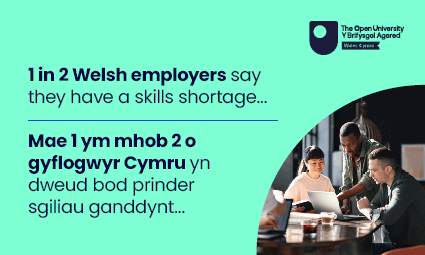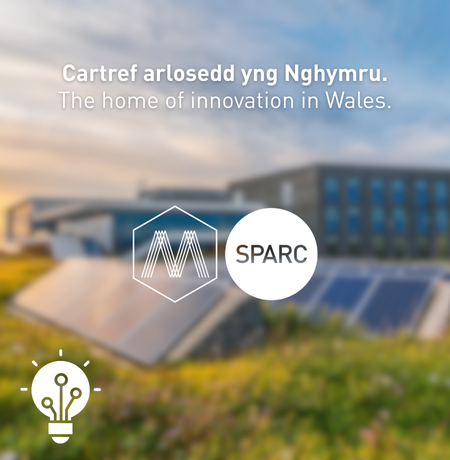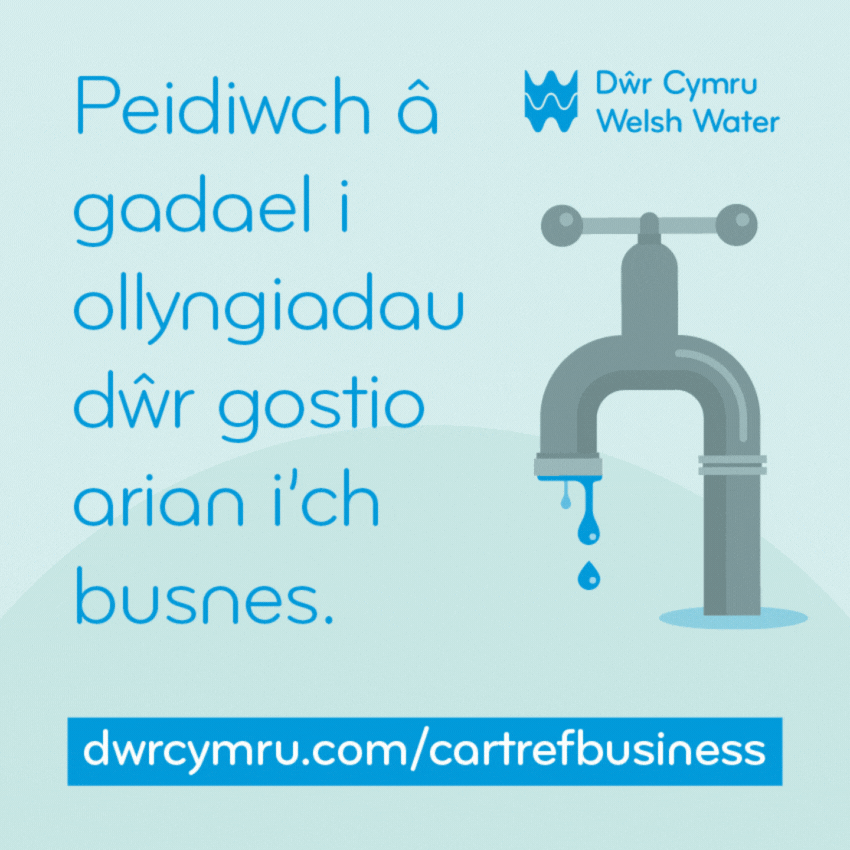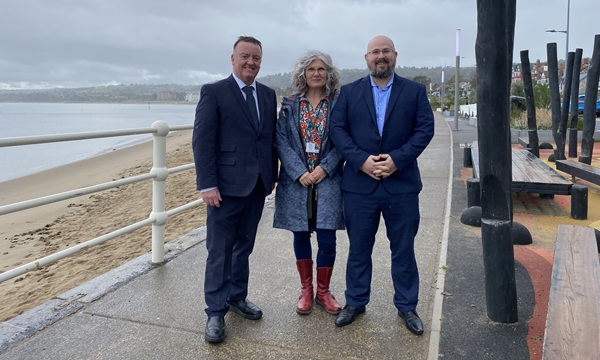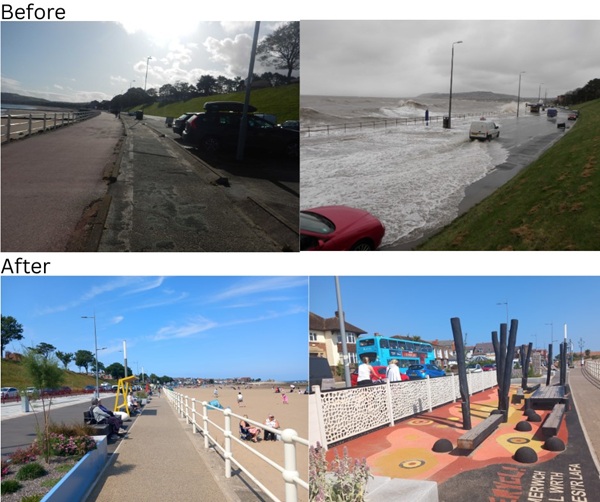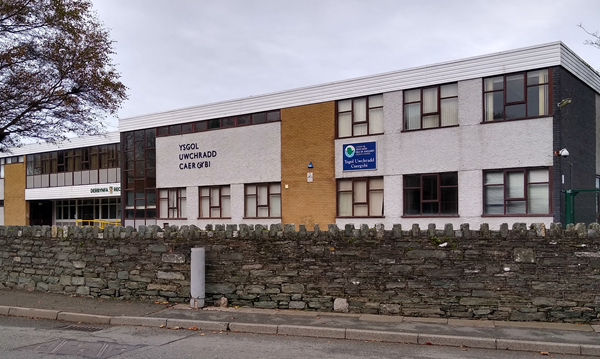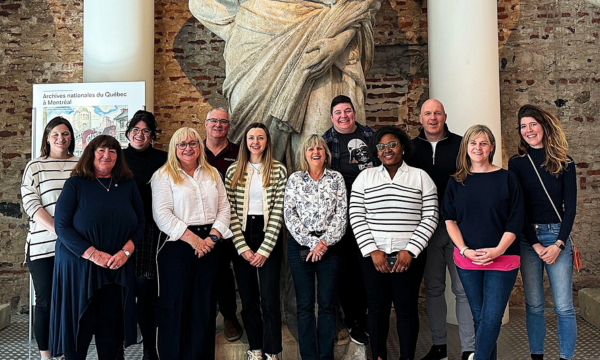The transformation of the Rhos-on-Sea waterfront has been recognised with a top national honour, winning the Placemaking Project Award at the British Construction & Infrastructure Awards (BCIA) 2025.
The BCIA celebrates excellence in design, delivery, and social impact across the UK and beyond. This year’s awards were among the most competitive to date, with nearly 250 entries from over 100 organisations across 24 categories. Organised by New Civil Engineer and the Institution of Civil Engineers (ICE), the awards spotlighted everything from major transport infrastructure to community-led regeneration.
The Colwyn Bay Phase 2b (Rhos-on-Sea) Project stood out in the Placemaking category, impressing judges with its vision, innovation, and community benefit.
Cllr Mike Priestley, Conwy County Council’s Cabinet Member for Environment, Roads and Facilities, said:
“We’re absolutely delighted to receive this award, especially given the calibre of projects we were up against. It’s a fantastic recognition of the hard work and collaboration that went into delivering this scheme.”
Phase 2b of the Colwyn Bay Waterfront Project focused on the stretch from the southern end of the Cayley Embankment to Rhos-on-Sea Harbour.
Key features of the project include:
- One million tonnes of imported sand to create a new beach, doubling as a primary sea defence.
- A revitalised promenade with new shelters, interactive play areas, and a variety of seating – from picnic benches and loungers to ‘happy to chat’ and solar-powered benches.
- A shared-use path, new road layout with one-way traffic, additional parking, and EV charging points.
- Public art and activity zones, including exercise machines, musical instruments, games, and sculptures.
Cllr Priestley added:
“I’d like to congratulate everyone involved – from our dedicated Council team to our partners at BCA Landscape, Griffiths, Mott MacDonald, and Boskalis Westminster. And a sincere thank you to Welsh Government for their vital investment in this transformational project.”
The Outline Business Case, design, approvals and Full Business Case were funded by the Welsh Government Coast Risk Management Programme (CRMP).
CRMP also contributed 85% of the construction costs, with Conwy County Borough Council funding the remaining 15%.



